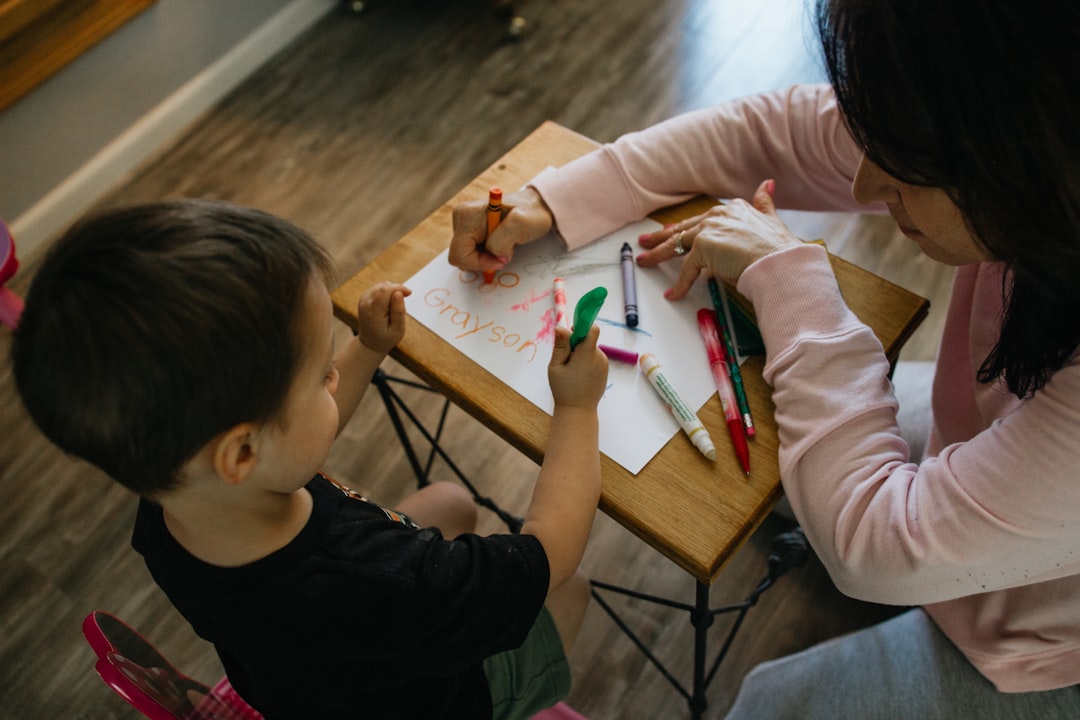Daycare abuse in Indianapolis is a pressing issue, with physical, emotional, and sexual misconduct by caregivers causing severe harm to young children. A daycare abuse law firm Indiana plays a critical role in fighting this problem by supporting victims, pursuing accountability for perpetrators, and advocating for stringent legal protections. Through collaboration with authorities, these firms investigate cases, educate on laws like those regulating staff-to-child ratios, and guide families through the legal process. Enhanced penalties and expanded definitions of daycare abuse under Indiana law send a strong signal that such misconduct won't be tolerated, encouraging reporting and fostering an environment where child well-being is paramount.
In Indianapolis, addressing daycare abuse is paramount for safeguarding children’s well-being. This article explores comprehensive strategies to encourage reporting and accountability, focusing on understanding the pervasive issue and its profound impact on young minds. We delve into Indiana’s daycare abuse laws, highlighting legal frameworks designed to protect vulnerable children.
By examining effective reporting mechanisms and community initiatives, this guide empowers parents, caregivers, and attorneys from top daycare abuse law firms in Indiana to combat this critical problem.
Understanding Daycare Abuse and Its Impact in Indianapolis

Daycare abuse is a serious issue that can have lasting effects on young children. It encompasses various forms, including physical, emotional, and sexual misconduct by caregivers or staff members. In Indianapolis, where a significant number of families rely on daycare centers for their children’s care, raising awareness about this problem is paramount. Understanding the impact of daycare abuse involves recognizing the signs, which can range from unexplained injuries to changes in behavior, such as increased aggression or withdrawal.
The presence of a robust daycare abuse law firm in Indiana plays a crucial role in addressing this issue. Such legal entities not only offer support and representation to victims but also contribute to holding perpetrators accountable. They help ensure that the rights of abused children are protected and that justice is served. By working closely with authorities, these firms facilitate investigations, gather evidence, and provide guidance throughout the legal process, ultimately aiming to prevent similar incidents from occurring in the future.
Strengthening the Legal Framework: Indiana's Daycare Abuse Laws

In Indianapolis, strengthening the legal framework is a vital step in encouraging reporting of daycare abuse. Indiana’s daycare abuse laws play a crucial role in protecting children and holding offenders accountable. A daycare abuse law firm in Indiana can provide guidance on navigating these laws, ensuring that victims and their families understand their rights and options.
These laws mandate strict regulations for daycare centers, providing clear guidelines on safety standards, staff-to-child ratios, and reporting procedures for any instances of abuse or neglect. By increasing penalties for violations and expanding the definition of daycare abuse, Indiana is sending a strong message that such misconduct will not be tolerated. This enhanced legal landscape encourages more individuals to come forward and report suspected cases of daycare abuse, fostering an environment where the well-being of children takes precedence.
Strategies to Foster a Culture of Reporting and Accountability

Creating a culture that encourages reporting of daycare abuse in Indianapolis involves implementing strategies that promote transparency and accountability. A key approach is to educate both caregivers and parents about state laws pertaining to daycare abuse, ensuring everyone understands their rights and responsibilities. Many daycare abuse law firms in Indiana emphasize the importance of open communication; establishing safe and anonymous reporting channels can significantly boost trust among staff and parents.
Regular training sessions on recognizing potential abuse and appropriate reporting procedures are essential. These sessions should be interactive and cover a range of scenarios to equip caregivers with the necessary skills. Moreover, fostering a supportive environment where staff feel comfortable discussing concerns without fear of retaliation is crucial. This can be achieved by promoting a strong ethical framework within the daycare setting and establishing clear policies on reporting and disciplinary actions.



